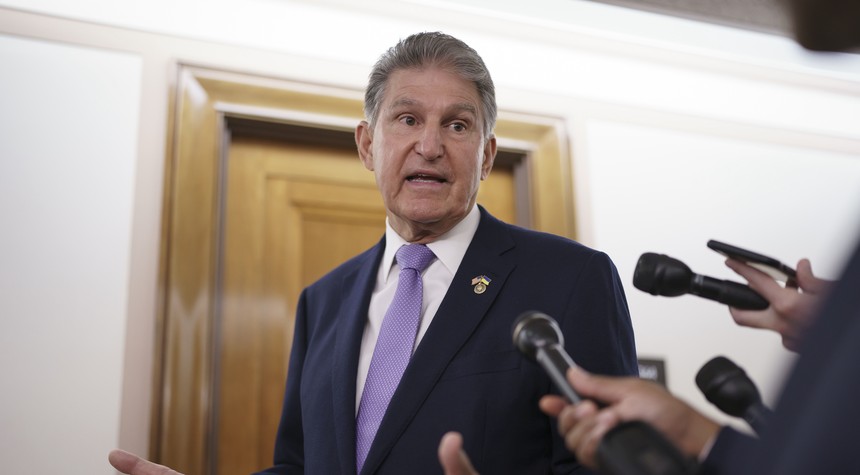Eighty-eight Days before the midterm elections, Democrats passed a 730-page spending bill, passing it without a single Republican vote. It was aimed at fulfilling unfulfilled promises to a demoralized, progressive base. The bill, which generates $737 billion in the new revenue and weighs in at just under $1 billion per page, is nearly $1 billion.
This much money can be used to buy a long list of items for the left during an election year. The bill does just that with subsidies for everything, from solar panels to vaccines. The worst part of this bill, despite being foolishly designed to increase government during an economic downturn just for the sake of vote harvesting, is totally unnecessary.
Democrats have been threatening to do battle with Big Pharma for decades by imposing price controls on certain drugs. However, rational adults of both parties have been able to convince anti-pharma activists that the execution of that golden goose would also cause untold suffering and death for a large number of sick people. It is now done. This bill includes price-setting provisions that will effectively stifle the U.S. drug development pipeline. The United States has been a leader in the world for 75 years in providing miracle cures that save lives and ease human suffering.
The bill’s subsidies, which were intended to aid middle-income individuals in purchasing health insurance during the pandemic, were maintained. Democrats on the ballot would have had to pay a price for the 13 million people who were hit with increased premiums just weeks before the election. This and other popular goodies could have been passed by congressional leaders without drug price controls. The Senate’s talking points mention health insurance subsidies as an afterthought. This is below punishing the industry for making huge profits and negotiating secret discounts and other agreements.
The Congressional Budget Office sent a warning to legislators on August 4, warning them that the inflation-rebate or negotiation provisions could increase launch prices for drugs not yet available on the market, relative to what they would be otherwise.
Freidman Institute at the University of Chicago found that price controls in the first version of the bill (HR3) would result in “254 fewer drug approvals.” This could have been the next breakthrough for Alzheimer’s and cancer. Inexplicably, price controls are used to stop research and development in the United States.
A recent Penn-Wharton Budget Model analysis found that the Inflation Reduction Act’s effect on inflation would not be statistically different than zero. Unfortunately, this is a politically upside-down world in which everyone agrees that it will not lower inflation. We have not yet crossed the line into self-harm, however, cynical things have become.
It will take many years for the devastating effects of price controls that reduce research to kill prices to be revealed. Democrats won’t save any money and will not win votes for this cheap talking point.


